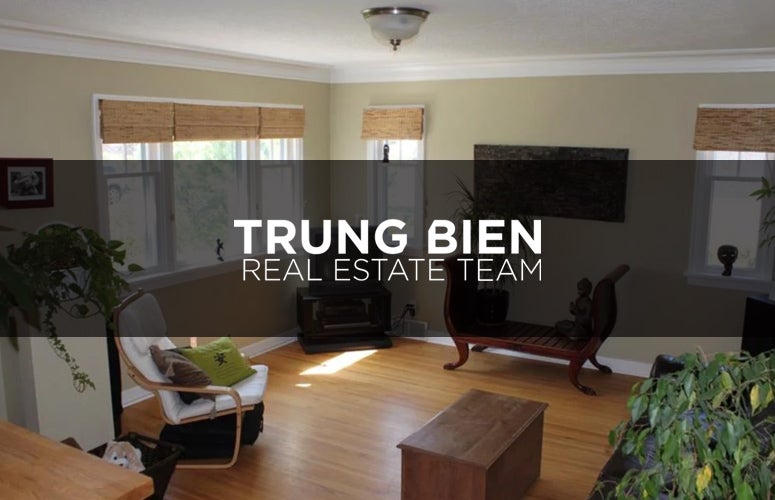
Here’s some free advice on buying cheap.
We know…who doesn't want to get something…anything…cheap? But wait, hear us out a second.
When we say nobody wants to buy a cheap home, we actually mean nobody wants a house built cheaply in a neighbourhood where home values are stagnant.
What you do want is to invest in an affordable home in a proven neighbourhood that fits your needs and will appreciate in value over time, right?
So here are a few things to consider if you're on the hunt to buy a cheap house in Calgary.
Talk is cheap. That doesn’t mean your house should be.
First, take the word "cheap" out of your vocabulary.
When shopping at a lower price point, you can still buy with quality and value at top-of-mind.
Using the word cheap to describe what you are looking for can imply that you're willing to settle for something that has less value, is constructed poorly, or no one else wants to buy.
The word 'cheap' can also adversely affect buyer behaviour. Potential buyers can overly focus on the sticker price instead of other essential features contributing to the home's long-term value.
For example, $10,000 savings on the purchase price of a cheap home could amount to very little — if any — savings in the long term when compared to a slightly more expensive house in a better neighbourhood.
When shopping for a home at a lower price point, you will also want to understand how that particular submarket is behaving compared to the broader Calgary real estate market.
Right now, the market for lower price point homes is still very active with low inventory.
This is in part because the high cost of renting, and high occupancy rates, are pushing many people towards home ownership as an alternative to renting.
Though this doesn't consider how the most recent interest rate hike will affect lower price point homes, buyers in this market can still expect to find a reasonably competitive landscape, with stabler prices and limited supply.
When you purchase a home at a lower price point, be prepared to compromise on some items on your "wish" list and beware of the lure of the "cheap" home that is advertised as having it all for less.
We often counsel our clients to focus on location for long-term appreciation. Consider whether the house would be suitable as a rental property when you grow out of the home.
These are the types of factors that are going to determine the future value of your home.
You may not be able to "have it all," but you can make smart, conscious decisions that ensure your home will be a good investment well into the future.
Above all else, do not hesitate to consult a professional. Any advice from your real estate agent comes at no cost to you, and we have your best interests at heart.
Using the word cheap to describe what you are looking for can imply that you're willing to settle for something that has less value, is constructed poorly, or no one else wants to buy.
The word 'cheap' can also adversely affect buyer behaviour. Potential buyers can overly focus on the sticker price instead of other essential features contributing to the home's long-term value.
For example, $10,000 savings on the purchase price of a cheap home could amount to very little — if any — savings in the long term when compared to a slightly more expensive house in a better neighbourhood.
Understand the sub-market.
When shopping for a home at a lower price point, you will also want to understand how that particular submarket is behaving compared to the broader Calgary real estate market.
Right now, the market for lower price point homes is still very active with low inventory.
This is in part because the high cost of renting, and high occupancy rates, are pushing many people towards home ownership as an alternative to renting.
Though this doesn't consider how the most recent interest rate hike will affect lower price point homes, buyers in this market can still expect to find a reasonably competitive landscape, with stabler prices and limited supply.
Compromise in the short term so you can thrive in the long run.
When you purchase a home at a lower price point, be prepared to compromise on some items on your "wish" list and beware of the lure of the "cheap" home that is advertised as having it all for less.
We often counsel our clients to focus on location for long-term appreciation. Consider whether the house would be suitable as a rental property when you grow out of the home.
These are the types of factors that are going to determine the future value of your home.
You may not be able to "have it all," but you can make smart, conscious decisions that ensure your home will be a good investment well into the future.
Above all else, do not hesitate to consult a professional. Any advice from your real estate agent comes at no cost to you, and we have your best interests at heart.

